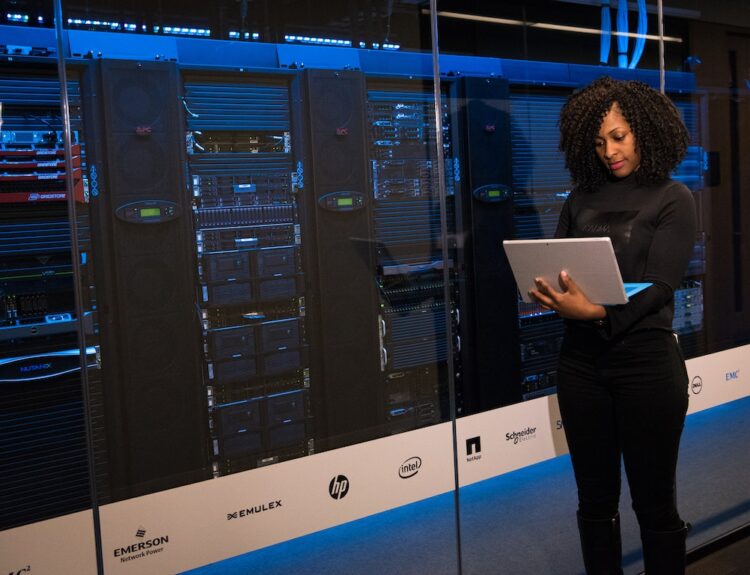Laptops are indispensable in today’s digital age. We use them for work, entertainment, and communication. However, like any electronic device, laptops have a limited lifespan. Knowing when to replace your laptop can save you from experiencing frustrating performance issues and ensure you stay productive. Below are some important factors to help you determine whether to replace your laptop.
Performance Issues
A noticeable decline in your laptop’s performance means you must consider replacing it. Here are some performance issues to keep an eye out for:
– If it struggles to handle basic tasks
– If it takes forever to boot up
– If it freezes frequently
– If it crashes unexpectedly.
Compatibility and Software Support
As technology advances, software requirements change. If your laptop is no longer compatible with the latest operating systems or software updates, it can limit your ability to access new features and applications. Additionally, outdated software may expose your laptop to security vulnerabilities. If your laptop can’t keep up with the latest software requirements, it’s a good indication that you should consider an upgrade.
Physical Damage
If your laptop has suffered significant damage, it might be more cost-effective to replace it, instead of repairing it. This could include damages like a cracked screen, malfunctioning keyboard, or broken hinges. Assess the extent of the damage and compare the repair costs with the price of a new laptop to make an informed decision.
Battery Life
As the device ages, laptop batteries lose their capacity to hold a charge. If your laptop can no longer stay powered for a reasonable amount of time without being plugged in, it may be time to invest in a new one. Constantly searching for a power outlet or carrying around your charger can significantly limit your laptop’s portability and convenience.
Outdated Hardware
Newer laptops offer more powerful processors, increased RAM, and improved graphics capabilities. If your laptop struggles to handle modern software or tasks requiring higher processing power, it could be due to outdated hardware. Upgrade to a newer laptop with better specifications for a smoother and more efficient computing experience.
Future Needs
Consider your future needs when deciding whether to replace your laptop. If you anticipate requiring more computing power or additional features in the near future, it may be worth investing in a new laptop that can meet those needs. Assess your usage patterns, future projects, and any anticipated changes in your work or personal requirements.






